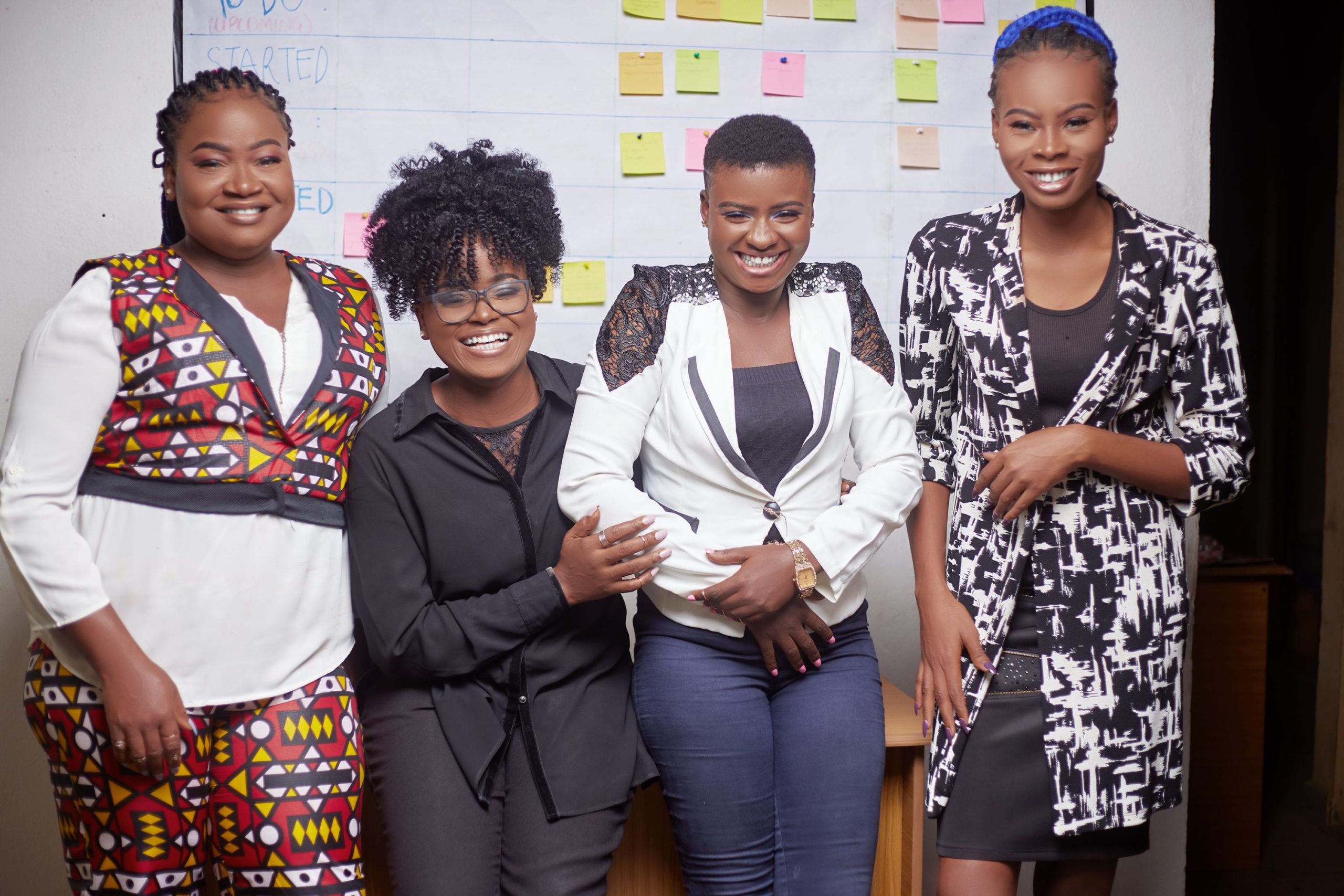Big sister Njambi, not her real name, 24, explains how the SAFIRE programme in Kiambu, is helping to change girls’ and young women lives: “We use sessions because it attracts girls and young women. Once they mobilize, we talk to them about sexual reproductive health and responsible sexual behavior,” she says. “We have seen the lives of adolescent girls and young women transformed thanks to the information we give them. Many have changed the direction of their lives, made different career choices and stopped engaging in negative and dangerous activities. In fact, many keep asking when we will have more sessions as they want to learn more.” During their sessions, they provide reproductive health information and psychosocial support, which includes counseling. “The adolescent girls love our sessions because they know no one is going to judge them and they can easily acquire information that’s otherwise considered forbidden,” he says. “Every time we go back, the more we find adolescent girls, meaning that those who came before have spread the news and have also invited their friends.” Today, more adolescent girls and young women in Kiambu are receptive to reproductive health services, she says. “I’m very proud of being part of the Big sisters and being part of the change.” Being a member of the group has also changed Njambi as it keeps her busy. “When young people are idle, they hang out with their peers in the neighborhood and peer influence can be very strong, but in a negative and dangerous way.” Bored youth often engage in crime, drugs and sexual promiscuity. “When you are busy, you don’t have time for these activities,” she says.
Because of the work she does with adolescent girls and young women in her community have come to respect her and many consider her a role model. “Young people look up to me so I have to act responsibly and be a role model, especially to those still in school. People also know I’m a serious person who, when the time is right, will start my own family responsibly.” Armed with their new-found knowledge, they feel empowered to make better choices in order to plan the future. “Most of us now choose to abstain or have sex responsibly. We also focus on our education because we want to pursue progressive, successful careers,” Njambi says.


